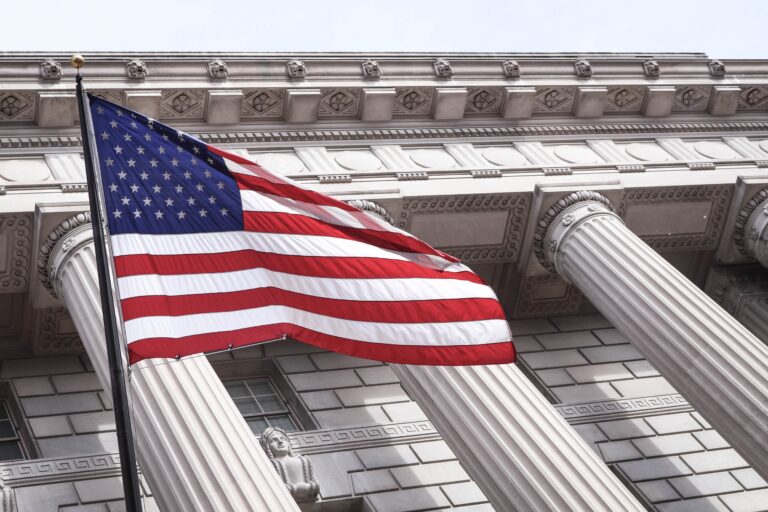
Daily Brief – What is the Mar-a-Lago Accord, and should markets care?
What is the Mar-a-Lago Accord, and should markets care?
At heart, the Mar-a-Lago Accord is a proposal for President Trump to weaken the US Dollar. As we know, Trump’s typical deregulatory and risk-inducing persuasion would, all other things equal, increase demand for the US Dollar. As far as the relationship between perceived risk and the Dollar goes, the narrative follows that the Dollar as the global reserve currency and Treasuries as the benchmark asset amongst such holdings attract investment flows as investors rotate away from more volatile equities. That relationship however only holds as long as the Dollar and Treasury bills are still perceived as lower risk stable assets.
The so-called Mar-a-Lago accord suggests that Trump’s tariff bonanza is a stepping stone towards future trade deals and to secure foreign nations’ cooperation in weakening the Dollar. Mechanisms to incentivise the (financial) world not to hold US Treasuries can be split up into the ‘easy way’ and the ‘hard way’. The easy way is the Mar-a-Lago accord, working with foreign nations who stockpile USD and Treasuries as reserves to unwind those holdings over time. The hard way would see holders of Treasuries (outside of the USA) pay a fee for holding such assets, thereby eroding their perceived value/return.
Based upon the musings of Trump’s Chair of the Council for Economic Advisers, Stephen Miran, the carrot of preferential trade terms in exchange for buying into the Mar-a-Lago accord only works after the stick of tariffs. The Dollar, despite its recent breakout, should remain somewhat protected until Trump’s reciprocal tariffs (due April 2) materialise. If the Mar-a-Lago accord transpires it is likely that USDJPY would be the greatest loser, as the Yen would likely benefit from additional defensive demand in the absence of the Dollar to play this role.
Discussion and Analysis by Charles Porter

Related Insights

Daily Brief – Holding on
Holding on With less than a 10% probability of a cut priced into the Reserve Bank of Australia’s (RBA) latest monetary policy decision, it is unsurprising markets open today to news of a hold. The RBA adopted a lower peak rate of benchmark interest than the likes of the UK and USA with lower inflationary […]

Daily Brief – Now that’s what I call Tariffs
Now that’s what I call Tariffs The title of this briefing is an homage to that (n)ever-popular publication of CDs (formerly vinyl) that seemed to be everywhere when I was growing up. Containing the ‘best’ hits of a particular year, you never seemed to be far from a ‘now that’s what I call’ CD (or […]

Daily Brief – Pointless Being the Point
Pointless Being the Point Yesterday, UK Chancellor Rachel Reeves delivered her Spring Budget to the House of Commons. Since the government’s first budget last year, bond markets have not been kind to the Chancellor, taking its angst out in the form of higher yields. The selling (and increased issuance) of UK gilts has inevitably created […]

